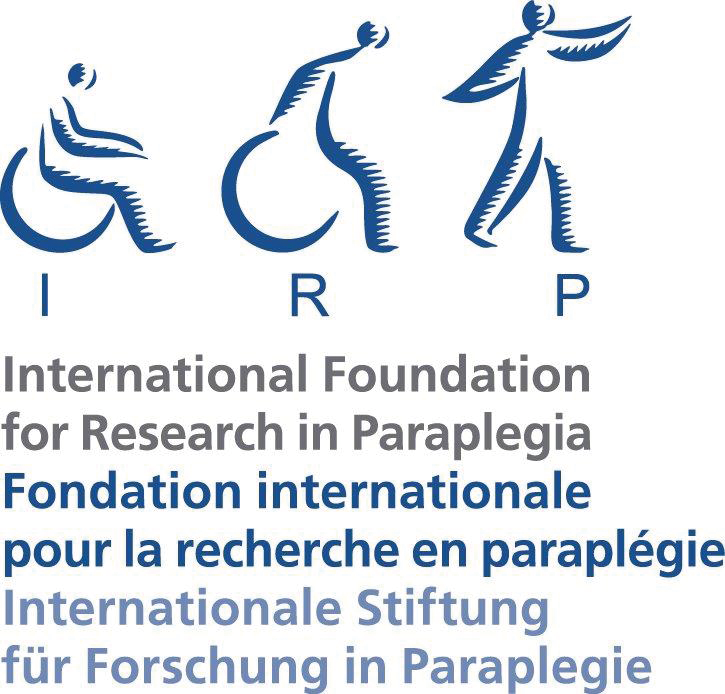The IRP – International Foundation for Research in Paraplegia, Zurich, has been awarding the CHF 100,000 research prize every two years since 2003. The IRP Schellenberg Research Prize thus honors outstanding researchers in the field of paraplegiology. The awardees are honored for the significance of their scientific contributions and their publications in peer-reviewed journals that have promoted a better understanding of the development of lesions and regenerative processes in the spinal cord. The prize was established in honor of Ulrich Schellenberg, founder of the IFP Foundation, Zurich and co-founder of the IRP Foundation Geneva. Since 2014, the two foundations have merged.
At the IRP PAREvening on June 24, 2016 at the Balgrist Campus, this year’s IRP Schellenberg Research Prize was awarded to Prof. Dr. Martin Schwab, Brain Research Institute, University Zürich and Dept. Health Science and Technology, Zurich, awarded. He studied biology in Basel and began his career at the Biocenter at the University of Basel before going to Harvard Medical School, Boston, and for six years to the Max Planck Institute for Psychiatry, Munich. Since 1985 he has been working at the Brain Research Institute of the University of Zurich and is a professor at ETH Zurich. He is vice president of the IRP Research Council and has been conducting research in spinal cord injury for nearly 30 years and discovered the growth inhibitor Nogo-A.
From laboratory animal to patient
In laboratory animals, success was already achieved twenty years ago when, thanks to the discovery of the growth inhibitor Nogo-A, injured nerve fibers in the spinal cord began to sprout again. In an interview, Prof. Dr. Martin Schwab explains why it took so long for a phase 2 trial with patients to begin this fall: “I also had to learn that the so-called translation of a research result from basic research into clinical application and a new therapy is so long and arduous. On the one hand, the security requirements are very high, which is correct, but costs a lot of time and effort. On the other hand, some preparatory work was also necessary on the clinical side, e.g., improving diagnostics and stratification according to patient severity, standardizing functional measurements, and training physicians and therapists at all participating centers. This was achieved through the European clinical network EMSCI (European Multicenter Study), which we established together with Prof. Armin Curt and his predecessor, Prof. Volker Dietz, from Balgrist University Hospital, Zurich, with substantial financial support from IRP.”

Although Schwab has been retired for two years, he considers it an incredible privilege to continue working on these exciting research questions as a “senior professor.” He especially appreciates the cooperation with the many young, bright and enthusiastic people. So the prize money of CHF 100,000 received is a welcome support so that he and his team can once again take a step forward in their important work. Martin Schwab, along with Ulrich Schellenberg, was one of the co-founders of the IRP and describes the International Foundation for Research in Paraplegia as one of the most important supporters of research in paraplegia worldwide. He hopes the new therapies will help paraplegic patients regain lost spinal cord function and lose their disability.
IRP – International Foundation for Research in Paraplegia
Seestrasse 19, 8002 Zurich
www.irp.ch












